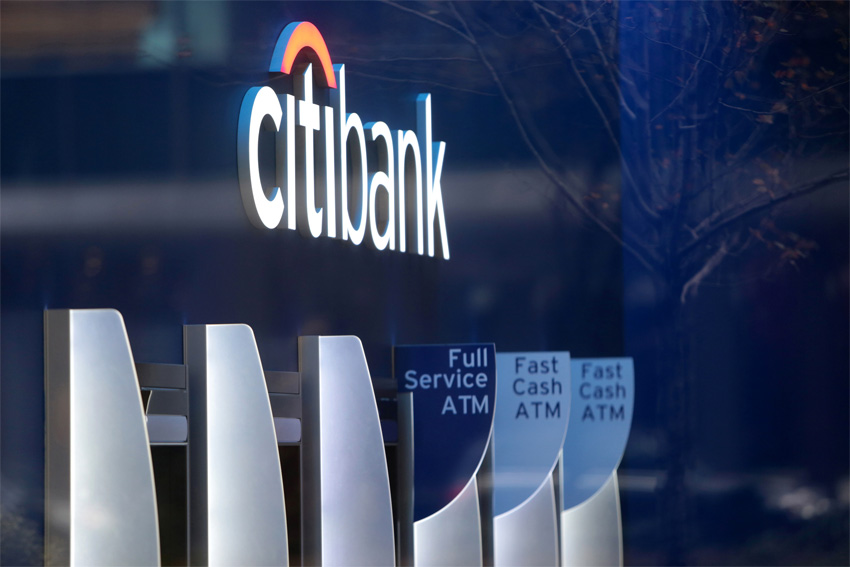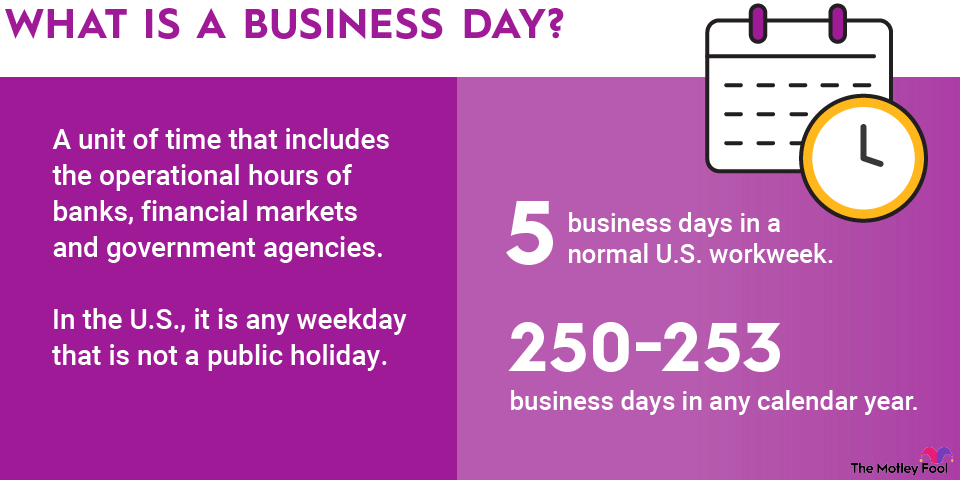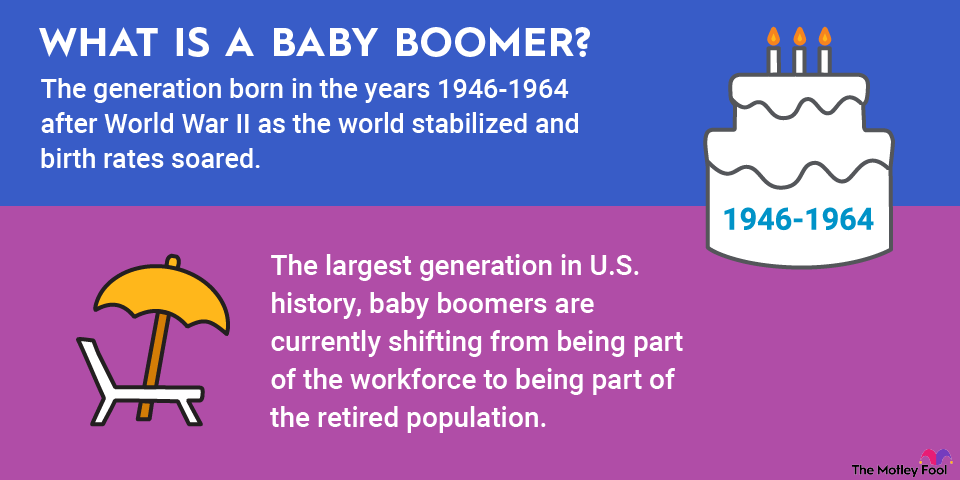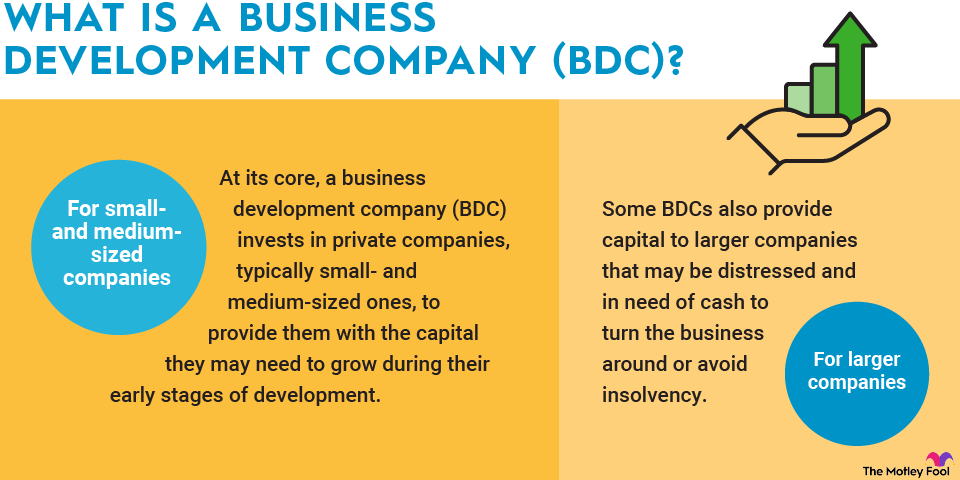Traditionally, a corporation is a business structure that allows the company to issue stock, encouraging multiple owners. It also offers a number of other benefits, including protecting the founder or owners from personal liability.
A B corporation, however, acts as a hybrid between a non-profit enterprise with a social mission and a traditional corporation.
What is a B corporation?
A B corporation is a for-profit company that has received certification from B Lab.
The certified B corporation label indicates that a company has pledged to meet the highest standard of social and environmental behavior, as well as public transparency and legal accountability.
The B corporation label functions like an organic certification or similar designation that lets customers know the product they've purchased was ethically produced.

What is the history of the B corporation?
B Lab was founded in 2006 by a group of friends, two of whom founded the basketball footwear and apparel company And1, who wanted to make business a force for good. The certification proved popular, and the company had signed up 82 B corporations by the following year.
The three main criteria for businesses to be a B corp are verified social and environmental performance, legal accountability, and public transparency.
Businesses interested in becoming a B corporation can start by taking an impact assessment for the social and environmental performance section, which gives the company a score on a 200-point scale in categories like governance, labor, community, environment, and customers. Businesses must score at least 80 points on the assessment to get the certification.
Additionally, there's a legal requirement to ensure that the B corp's best practices be able to survive leadership changes. Companies can also incorporate as a public benefit corporation in many states, which gives them a corporate structure that qualifies as a B corp.
Finally, the company also needs to meet a public transparency requirement.
What are the pros and cons of a B corporation?
The benefits of being a certified B corporation include better customer and employee loyalty, improved stakeholder relations, and attracting customers and investors who believe in the public mission of the B corporation.
Businesses also get access to B corp community data, including information on the most cost-effective way to be sustainable, and it helps companies screen out wasteful spending.
However, there are also costs to being a B corp, including annual administrative and legal costs. It also can attract additional scrutiny from activists and investors since they are pledging to be held to a higher standard than competitors.
Unlike other types of corporations, there's no tax break associated with it, and there's no direct financial benefit from being a B corp. Finally, complying with the standards of the B corp can be both time-consuming and expensive.
Etsy, for example, dropped its B corporation status in 2017 because keeping it would have required it to convert from a benefit corporation to a C corporation.
Related investing topics
One example of a B corporation
Not many publicly traded companies are B corporations, but Lemonade is one of them. Other high-profile B corp companies include Warby Parker, Ben & Jerry's, and Patagonia.
Lemonade's mission is to use artificial intelligence to make insurance into a social good, and it's also a public-benefit corporation in addition to the B corp status.
Lemonade has a giveback program that donates to charities. In 2019, it donated $631,540 to 25 charities.
The company also refuses to invest in coal as part of its value system related to its B corp status and limits its payouts related to firearms.
As the debate over the purpose of business evolves, becoming a B corp could grow to be more popular, and the next bull market could entice more companies to apply to be a B corporation.


















